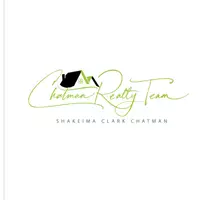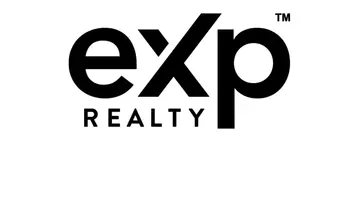Don’t Buy These Charleston Homes—Until You Read This

Thinking about buying a home in Charleston?
Hold up. Before you start daydreaming about sweet tea on a wraparound porch, I need you to know something important: not every Charleston home is as charming as it looks.
Some of them? They’re money pits in disguise.
I’m Shakeima Chatman—your Charleston Relocation Specialist and proud Been-Yah, born and raised right here in the Lowcountry. I help folks like you relocate without falling for the beautiful-but-busted homes that can wreck your budget and your peace of mind.
Charleston is full of history, beauty, and culture—but also full of homes that come with secrets, honey. And I’m here to spill the tea.
Let’s talk about five types of homes you should approach with caution in Charleston:
1. Homes Over 50 Years Old
We love a historic charmer—but underneath those crown moldings and original hardwood floors might be problems waiting to happen.
👉 Plumbing issues: Galvanized steel pipes corrode and restrict flow. Replacement = thousands.
👉 Outdated wiring: Knob-and-tube or aluminum wiring can’t keep up with modern life (and might be a fire risk).
👉 Asbestos: Often found in old floor tiles, insulation, and ceilings. Removing it? $5,000 to $15,000.
👉 Foundation issues: Uneven floors, sticky doors, and cracks? It could be Charleston’s sandy soil and high water table causing structural problems.
🔎 Before You Buy:
-
Get the permit history
-
Ask about plumbing, HVAC, roof, and electrical upgrades
-
Schedule a deep-dive inspection—think asbestos, lead paint, and structural evaluations
Historic homes are lovely if they’ve been updated properly. Otherwise, that “bargain” could break your budget real quick.
2. Homes in Extreme Flood Zones
Charleston’s coastal charm comes at a cost—flooding.
We’re talking king tides that flood streets when the sun is out. If a home is in a Special Flood Hazard Area (SFHA) like Zone AE or VE, you’re not just buying a house—you’re buying mandatory flood insurance.
📉 Risk Rating 2.0 means higher premiums based on elevation and proximity to water. Some premiums are $3,000–$6,000+ a year.
🌊 And the damage? Moisture in your drywall, HVAC failures, and foundation shifts.
💡 Do This First:
-
Check the FEMA flood map
-
Request the home’s elevation certificate
-
Get a real quote for flood insurance—not just a guess
Water views are dreamy… but make sure you don’t end up underwater financially.
3. Homes with Crawl Spaces
Crawl spaces are common in Charleston—and so is the moisture that creeps into them.
☁️ Moisture = mold, mildew, termites, wood rot
💸 Repairs = thousands in subfloor or joist replacements
🪳 No pest control? Say hello to termites and a weakened foundation
🔍 Ask:
-
When was it last inspected?
-
Is there a vapor barrier or dehumidifier installed?
-
Has there been water intrusion or mold remediation?
Skipping a crawl space inspection is like buying a car without checking under the hood. Don’t do it.
4. Bad House Flips
You’ve seen them—fresh paint, trendy backsplash, staged to perfection. But beneath the glam, some flips are smoke and mirrors.
🚨 Watch out for:
-
No permits for major work
-
Cosmetic updates hiding deeper issues
-
Old HVAC or plumbing behind new drywall
-
Cracked foundations that were patched, not fixed
📝 Ask for:
-
A list of updates and contractor info
-
Permit history and receipts
-
Warranties on appliances and systems
If it looks too good to be true—it might be. Pretty doesn’t always mean solid.
5. Homes with Leased Solar Panels
Solar can be a smart investment—but leased panels? That’s a whole different story.
🧾 Monthly lease payments count against your debt-to-income ratio.
📉 That can lower your loan approval amount—or kill the deal altogether.
🔒 Some companies put UCC liens on the home, which complicates closing.
✅ Ask:
-
Are panels leased or owned?
-
What are the monthly payments?
-
Is there a buyout or transfer option?
-
Will it impact your loan? Ask your lender directly.
Going green is great—but make sure it doesn’t leave you in the red.
Final Thoughts from Your Charleston Relocation Specialist
Buying in Charleston isn’t just about falling in love with pretty shutters and palmetto trees—it’s about making a smart investment that protects your future.
Ask questions. Get inspections. Read the fine print.
I’m here to guide you through every step—straight up, no fluff, and no surprises. Because while the beauty in Charleston is real… so are the hidden costs.
👉 Still Shopping?
Be sure to check out my next blog: Top Neighborhoods for First-Time Buyers in Charleston.
I’ll help you find communities that fit your lifestyle—and your budget.
And if you’re serious about relocating to Charleston, download my FREE Charleston Relocation Guide or reach out for straight-no-chaser advice.
I’m Shakeima Chatman, your Charleston Relocation Specialist—let’s find your dream home the right way. 🏡
Recent Posts
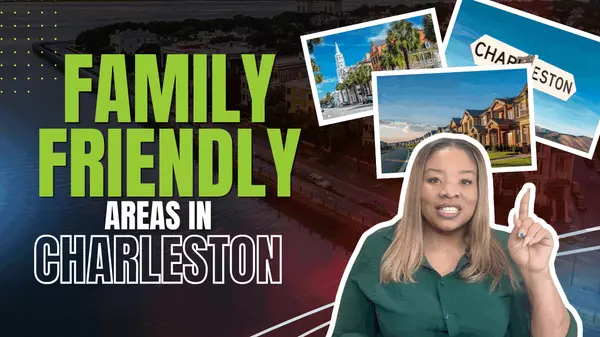
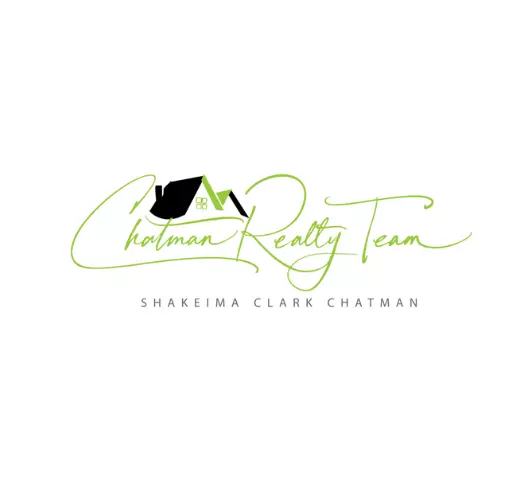

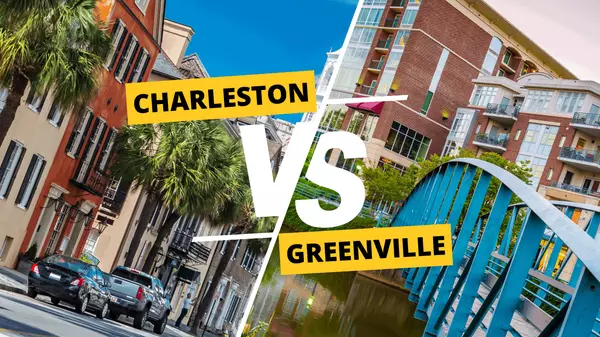

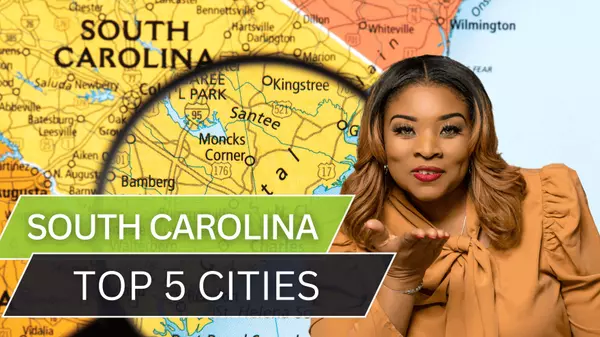
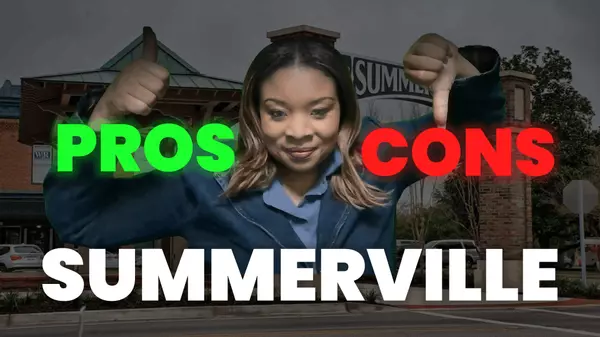
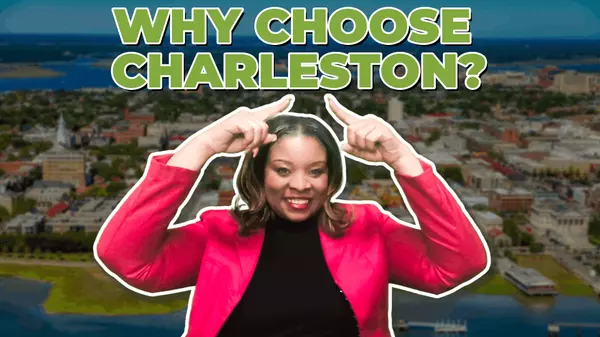
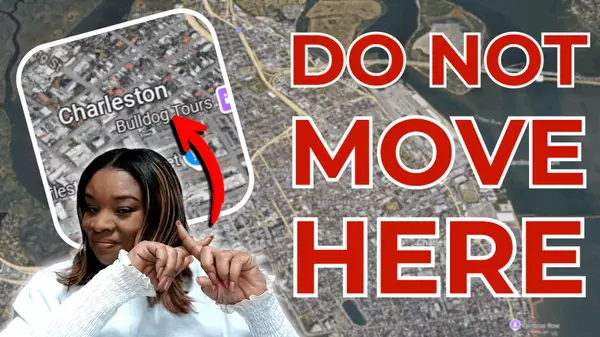
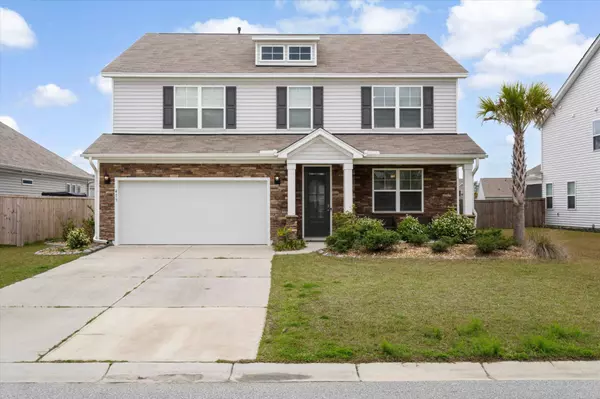

Broker Associate | License ID: 108213
+1(843) 532-0330 | shakeima@chatmanrealty.com
